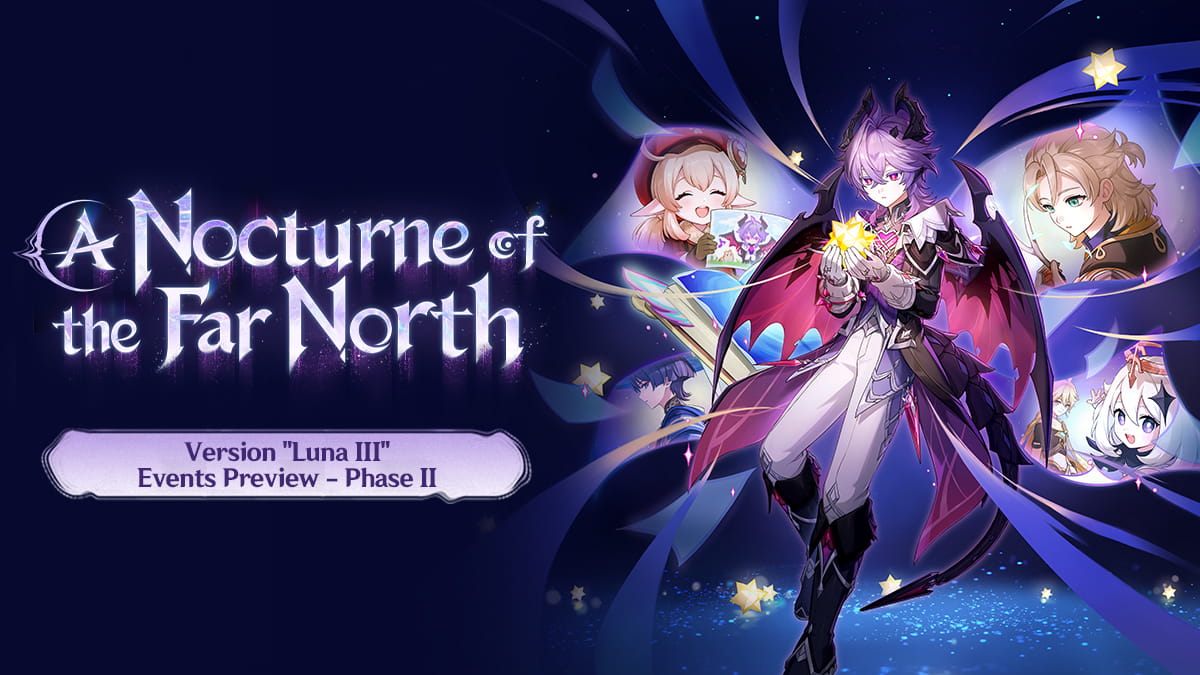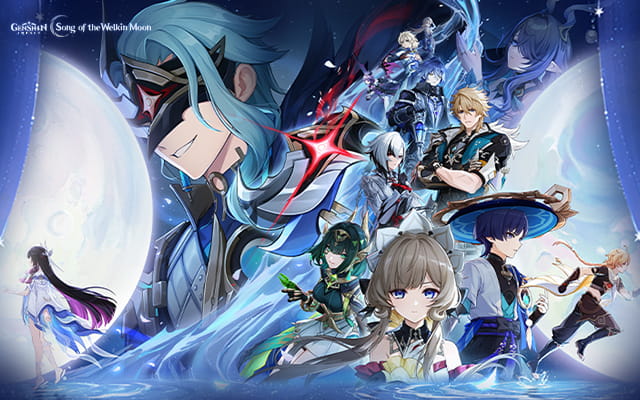
O pale moonlight, why do you scatter, silently and shapelessly?
Read more on Version "Song of the Welkin Moon: Postlude" "A Traveler on a Winter's Night" Trailer | Genshin Impact.
O pale moonlight, why do you scatter, silently and shapelessly?

Read more on The new limited-time web event “Memories of the Moon” is now available..
Dear Traveler, it’s announcement time!
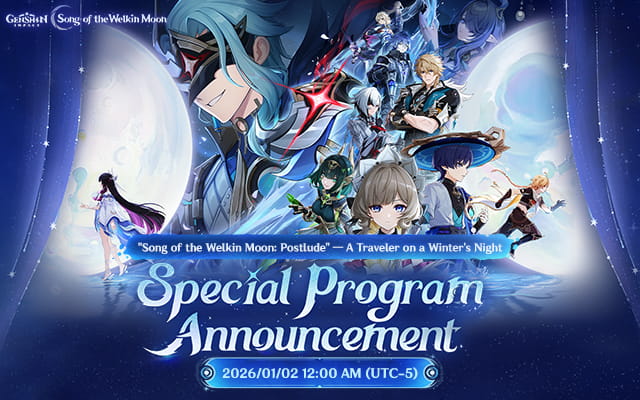
Hello, Travelers! Here’s the January 2026 calendar wallpapers (PC/Mobile/Apple Watch) for you~ Feel free to save and use them as you like~
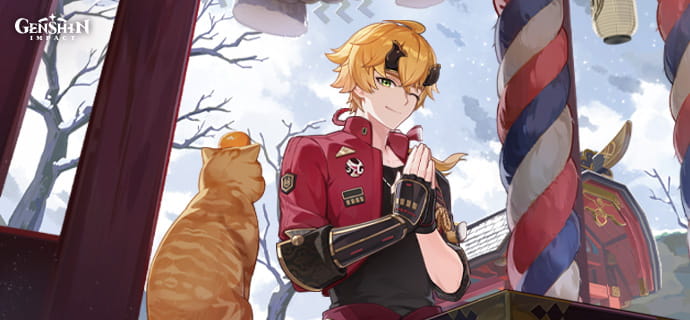
Share your New Year’s resolutions, and some special friends from Teyvat will offer you their sincere advice!

This outfit was once cherished by the other of two companions who set out on a journey together, in a past now as distant as a dream, as ephemeral as flickering lights.
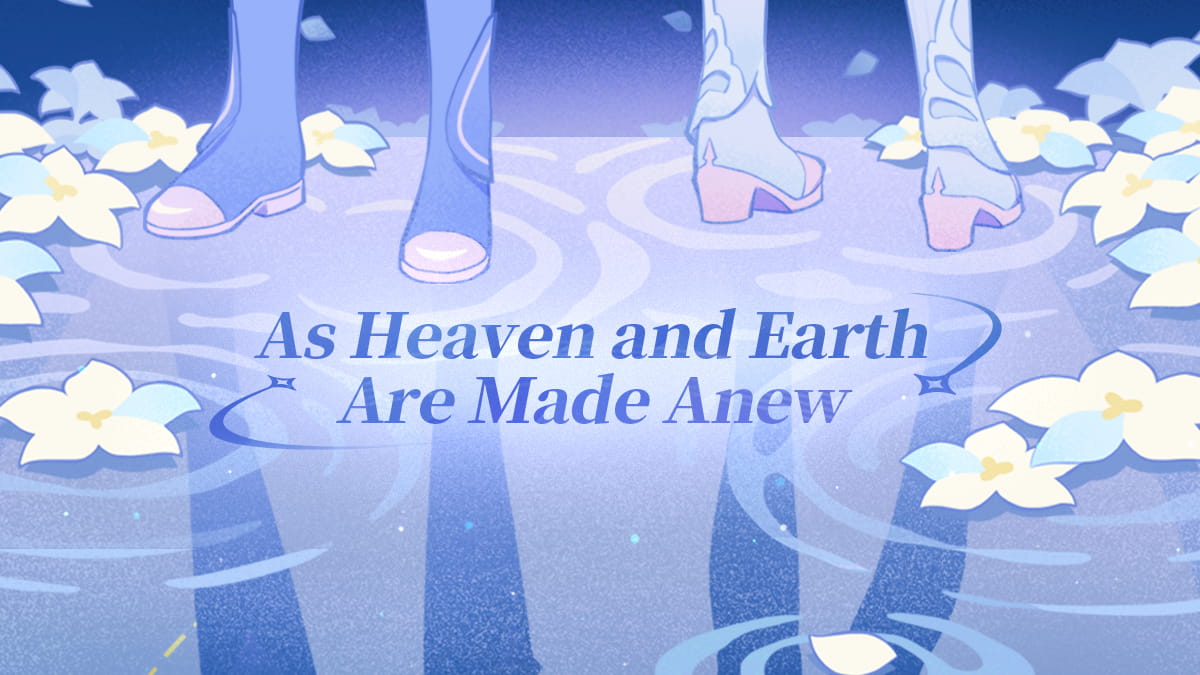
Hello, Traveler! The Character Event Wish “Forgefire’s Blessing” will be available on December 23 and “Ardent Flames Forge the Soul” Xilonen (Geo) will receive a huge drop-rate boost!
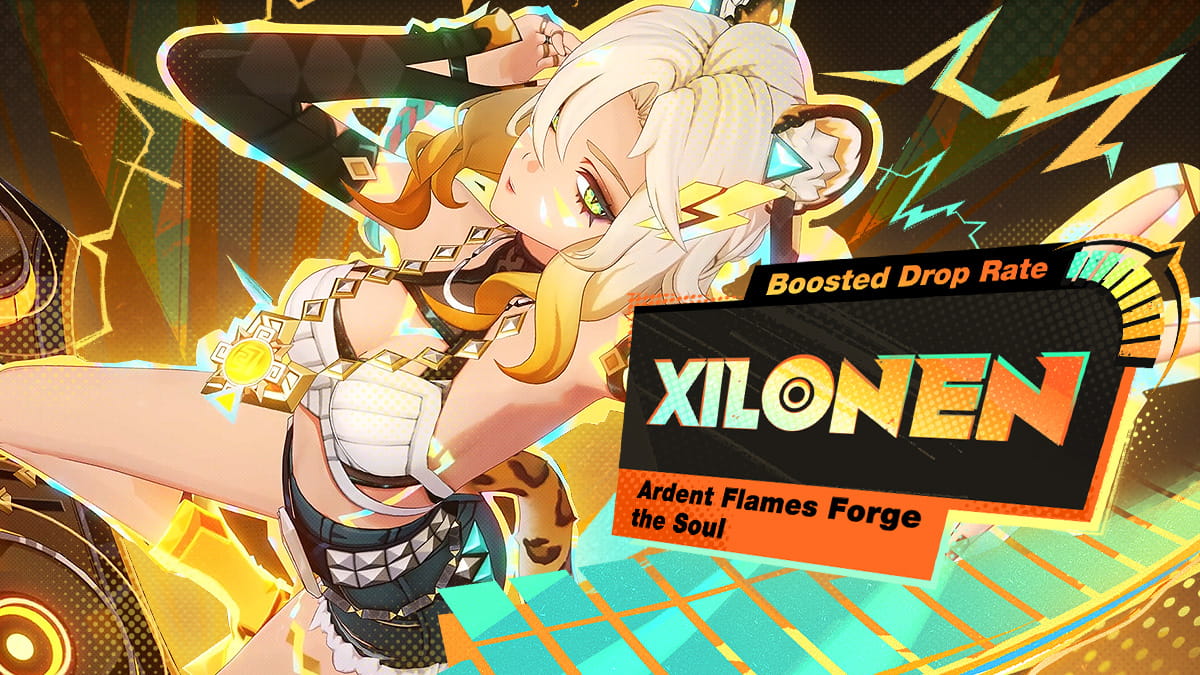
Read more on The web event “Mili ‘Snow’ Resort, Party in Wonderland!”: “Party Challenge” has been updated and is available for a limited time!.
Hello, Traveler! The Character Event Wish “Cornucopia of Contention” will be available on December 23 and “Strength in Serenity” Varesa (Electro) will receive a huge drop-rate boost!
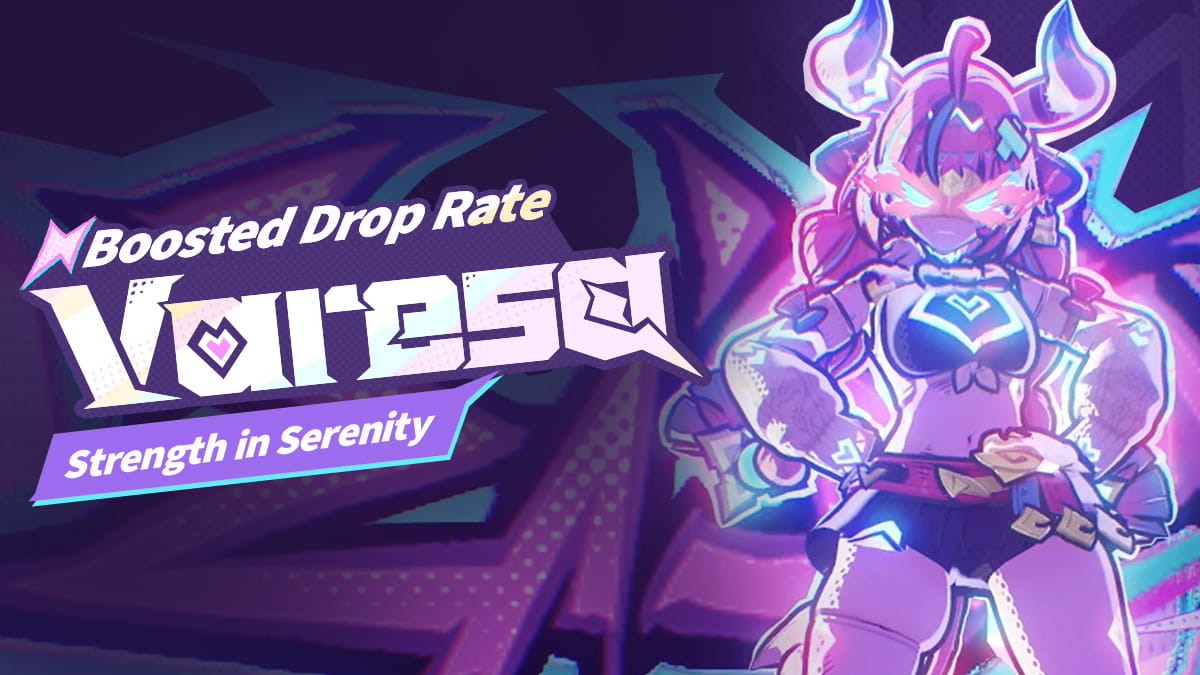
Hello Traveler! Let’s take a look at the upcoming events!
